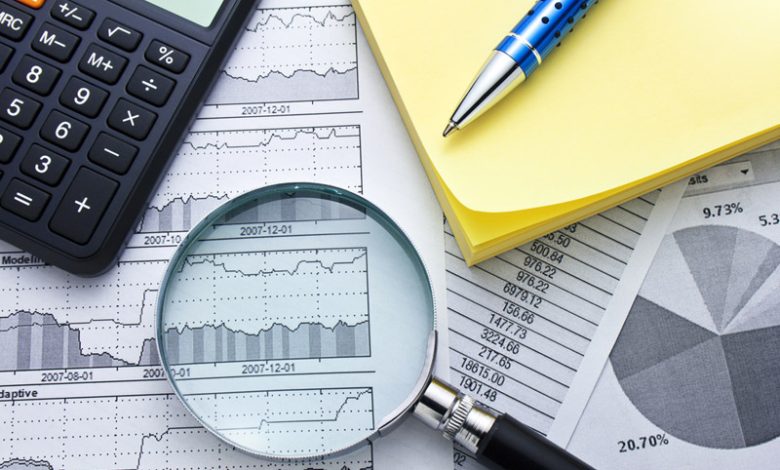
Analysis: Bruised by Fresh Loss, Canada’s Trudeau Shows No Sign of Stepping Down
By David Ljunggren
Doubts regarding the leadership of Canadian Prime Minister Justin Trudeau have intensified following a second significant loss for his ruling Liberal Party in a special election. Despite the challenges, the unpopular leader remains resolute in his intention to stay in office as a national election approaches.
The Liberals, who have held power for nearly nine years, faced a narrow defeat in a Montreal constituency previously regarded as one of their safest seats. This loss, following a setback in Toronto in late June, has further aggravated concerns about the party’s chances in the next national election. Although Trudeau’s minority government is set to remain in place until October 2025, the possibility of an early election is increasing after the smaller New Democratic Party (NDP) withdrew its support.
Trudeau, however, showed no indications on Tuesday that he plans to resign prior to the next election campaign, and the mechanisms available within his party to force a leadership change are limited.
According to Andrew McDougall, an assistant professor of political science at the University of Toronto, the Liberals are losing key urban support rather than just marginal seats, which paints a bleak picture for the party’s future. "This is a very difficult moment for Justin Trudeau," McDougall stated. "It reinforces the narrative that he may not be the right leader for the next election, suggesting that if the Liberals are to succeed, it might have to be with someone else at the helm."
Although current polling indicates a potential significant defeat against the right-of-center Conservative Party, stemming from public dissatisfaction regarding inflation and housing challenges, Trudeau and his closest advisors assert that he has no plans to step aside and that there remains a chance to revitalize the party.
"It would have been better to win…but there’s still much to accomplish, and we’ll continue to focus on that," Trudeau remarked to reporters on Tuesday.
His immediate challenge involves the loss of control over the House of Commons, where the Liberals hold a minority of seats. The NDP, which supported the Liberals through an agreement made in 2022, recently rescinded this support. They have since gained voter support in Montreal and managed to retain a seat in Manitoba despite a strong Conservative challenge.
In the coming months, the Liberals will face several confidence votes. A defeat in these could trigger an election, though the NDP may opt to support the government temporarily to bolster its own popularity.
"The Liberals have given both opposition parties a reason to believe they can defeat Trudeau," stated Darrell Bricker, CEO of the polling firm Ipsos-Reid. "The opportunity to trigger an election sooner is definitely there."
Sustaining a minority government can be challenging, and it remains uncertain how much Trudeau can advance his legislative agenda. The party announced plans to concentrate on defense and citizenship legislation.
In contrast to political systems in the United States, Australia, and the UK, where leadership changes can occur swiftly, Trudeau’s selection as leader through a special party convention creates a more complicated scenario for any potential transition in leadership. While a senior Liberal mentioned that continued poor polling could prompt ministers to suggest that Trudeau step aside, there’s no guarantee he would heed such advice.
Bricker noted that those responsible for Liberal fundraising could also make a case for change. "If financial support diminishes, they won’t be able to effectively campaign," he added. Should Trudeau resign, an interim leader would need to be appointed while the party organizes another convention, with the interim position traditionally not running for permanent leadership, potentially discouraging prominent figures within the cabinet from seeking to replace him in the short term.
Regardless of any leadership changes, analysts like Frank Graves, president of the Ekos polling firm, believe that simply switching leaders may not improve the Liberal Party’s fortunes. "The challenges faced by Mr. Trudeau and the Liberals are reflective of trends experienced by progressive incumbents in other advanced democracies, characterized by rising populism and economic uncertainty," he stated.
 GOOGL
GOOGL  META
META 

